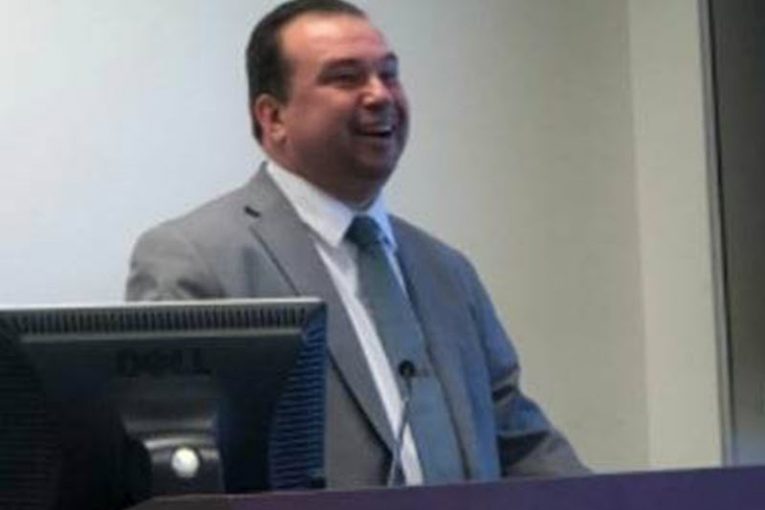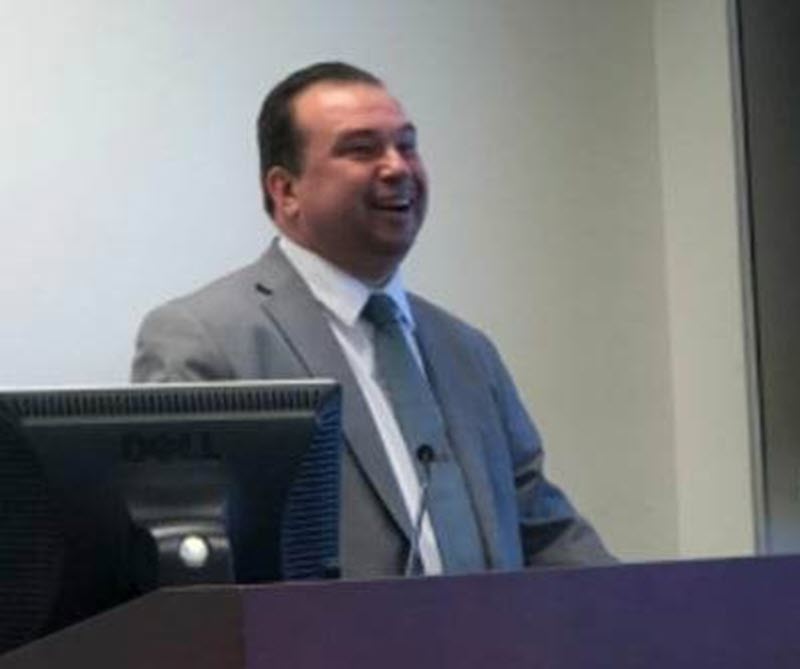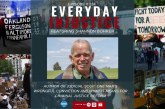
 A Hung Jury
A Hung Jury
By Jeffrey Deskovic
“Looking back” will feature reprints of articles that Jeff previously wrote while a columnist at The Westchester Guardian, which encompass topics that are applicable here in CA as well as across the country and not simply applicable to NY.
On Thursday March 10, 2011, Westchester County Supreme Court Justice Barry Warhit declared a mistrial in the Selwyn Days’ double homicide murder trial.
In closing arguments, lead defense attorney Roberto Finzi argued that the confession was false and only came after seven hours of questioning, merely one hour of which was videotaped; there was a lack of physical evidence tying Days to the crime; and that his client was actually in Goldsboro, North Carolina, 533 miles away from the crime scene between Nov. 18 to Nov. 21, 1996, when the bodies were discovered.
Assistant District Attorney Christine O’Connor argued that the confession was not coerced, and that while Days’ DNA was not found at the crime scene, his version of events matched what the police found at the crime scene. She further argued that Stella Days, Selwyn’s mother, orchestrated the alibi witness’ testimony, even attempting to bribe a woman who was in financial trouble, and, that several of them had close personal ties to her.
The jury sent out several notes asking for read-backs, requesting to re-hear Days’ confession. They also asked for the definition of “reasonable doubt.” They further asked to see a calendar from 1996, and to hear the testimony of Mark Moore, who testified that one of his employees saw Days in New York at the time of the murders.
On the second day of deliberations, the jury asked to hear testimony from a former Mount Vernon Police captain who took the anonymous call in 2001 that suggested Days was responsible.
On Wednesday, the jury sent out two notes stating that they could not come to a unanimous verdict. Nevertheless, they were prodded by Justice Warhit to keep deliberating. The second note had stated, “We are a hung jury. Tempers are flaring. Further deliberations would be futile.”
On Thursday, having once again attempted to reach a unanimous verdict, shortly before 5PM, they sent out a third note, again indicating they would not be able to produce a unanimous verdict. At that point, Warhit had no choice but to declare a mistrial.
It was later disclosed that the jury was stuck 9-3 in favor of acquittal. Despite that fact, Lucien Chalfim, spokesperson for Westchester District Attorney Janet DiFiore, stated that Days would be tried a fourth time.
Analysis
The outcome was disappointing in view of the fact that the defense had presented ample evidence of innocence—from a multitude of alibi witnesses— to forensics which didn’t match Days. Also, it was obvious that a man with his mental incapacity would not be able to commit such a crime without leaving a trace. Furthermore, many aspects of the “confession” were proven false.
Confession evidence is very difficult to overcome, because the idea that someone would falsely confess is counter-intuitive, as demonstrated by the 80% conviction rate in cases which feature confession evidence. Yet, false confessions, having been the cause of wrongful convictions in 25% of the now 267 DNA proven wrongful convictions, are an established fact. Given these realities, it was all the more appropriate for Judge Warhit to have allowed false confession expert testimony into evidence, thus providing a greater working knowledge and context for the jurors when considering whether or not the confession was false. However, he did not. Doubtlessly, if he would have, this case would have almost certainly ended in an acquittal. The Westchester Guardian learned that had jurors had the opportunity to hear from or speak to a false confession expert the information they could have learned would have become relevant to their deliberations. When Warhit denied this motion, he deprived the defendant of a fair trial in the purest sense.
He had previously denied the defendant a fair trial when, prior to trial, he refused to permit defense attorneys the opportunity to compare DNA samples from the crime scene with state and federal DNA database, in an effort to identify the actual perpetrator. As it was, the partial comparisons that were made narrowed the DNA to about people. By his ruling, Warhit very well may have prevented the actual perpetrator from ever being identified. Warhit, who is well aware of wrongful convictions, having represented both Steven Cunningham, the actual perpetrator in my wrongful conviction, and Michael Dillon in the Richard DiGuglielmo case, should have known better and should have given Selwyn Days every opportunity to prove his innocence.
What did Judge Warhit have to lose? After all, if the actual perpetrator was finally identified, he or she could have been brought to justice, while simultaneously preventing still another wrongful conviction.
Westchester District Attorney Janet DiFiore, who is a co-chair of court of appeals chief Judge Lippman’s Wrongful Conviction Panel, should be ashamed of herself for preventing the defense in this case from utilizing the DNA database. Having allowed me that opportunity which resulted in my exoneration, and thereafter touting herself as a reformer interested only in convicting the guilty while exonerating the innocent, she now reverts back to her true form as a prosecutor merely interested in winning. Clearly, she should be removed from the panel.
Then again, as I have repeatedly stated, unless and until the Court of Appeals changes its ways of frequently declining to entertain even meritorious appeals, and takes serious action toward reforming the system, that panel is a facade that is all about false appearances, rather than a serious tool in the struggle against wrongful convictions.
Jeffrey Deskovic, Esq, MA, is an internationally recognized wrongful conviction expert and founder of The Jeffrey Deskovic Foundation for Justice, which has freed 9 wrongfully convicted people and helped pass 3 laws aimed at preventing wrongful conviction. Jeff is an advisory board member of It Could Happen To You, which has chapters in CA, NY, and PA. He serves on the Global Advisory Council for Restorative Justice International, and is a sometimes co-host and co-producer of the show, “360 Degrees of Success.” Jeff was exonerated after 16 years in prison-from age 17-32- before DNA exonerated him and identified the actual perpetrator. A short documentary about his life is entitled “Conviction“, and episode 1 of his story in Virtual Reality is called, “Once Upon A Time In Peekskill“. Jeff has a Masters Degree from the John Jay College of Criminal Justice, with his thesis written on wrongful conviction causes and reforms needed to address them, and a law degree from the Elisabeth Haub School of Law at Pace University. Jeff is now a practicing attorney.





